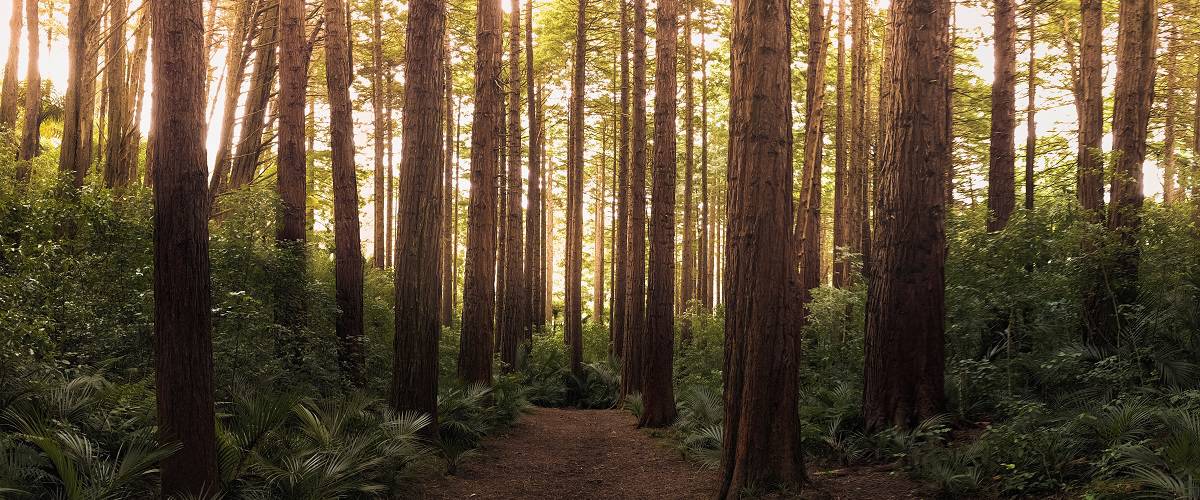Plastic is bad for the world. We’ve known this for a long time now. Society has grown somewhat dependent on plastics, however. That’s why many places are researching biodegradable plastic. One group is looking to use “tree glue” to make such a plastic available in only a few years.
The University of Warwick has discovered a material called lignin. This material holds cellulose fibres together, allowing plant stems to retain their stiff form. Researchers at UW are looking to create strong plastics from lignin.
Up until now, we’ve been throwing out lignin as a byproduct of papermaking. It makes paper weak and discolored, so it’s removed from the wood pulping process. Granted, in this raw form, it’s useless.
But how is it helpful to us then? Tim Bugg at WU has developed a way to genetically modify a particular bacteria called Rhodococcus jostii to turn this glue into a useful chemical. The bacteria lives in soil and consumed lignin already, so it’s just a matter of changing what it turns the material into.
“I have been working on lignin for 40 years and when I started people said ‘you’re wasting your time’ but now people are thinking this is possible. Still difficult but it is possible.”
No specific timeframe was given as to when this conversion process might become commercially viable, nor the cost of such. Once it does reach that point, it will be a tremendous step toward cutting down on litter in the world.
If we want to survive on this planet, we need to take better care of it. Polluted waters make for a poor drink, after all.

